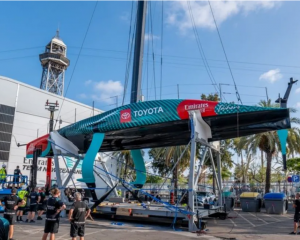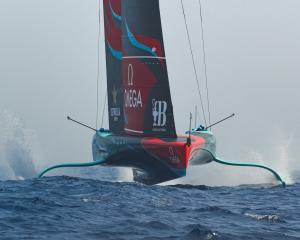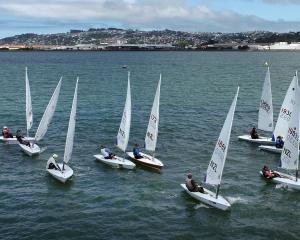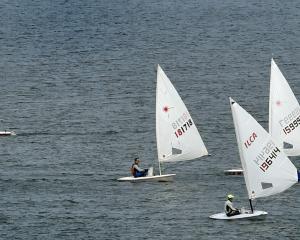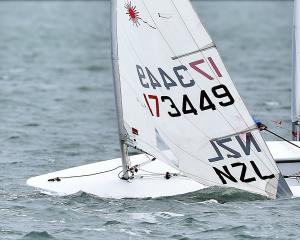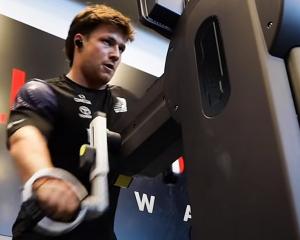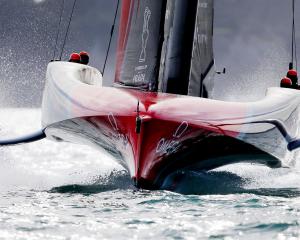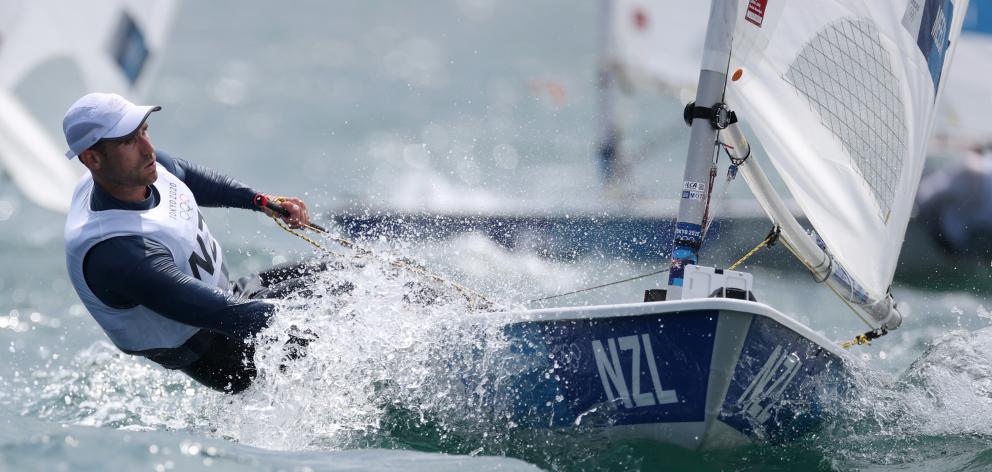
Well, the Laser is hardly humble, considering it is acclaimed around the world for its accessibility and is now a feature of the Olympic Games.
The Vauxhall Yacht Club is hosting a regatta tomorrow, to mark 50 years of the little boat being on the water.
Club captain Rob English hopes up to a dozen boats from around the region will get ideal conditions for some racing from 10.30am in front of the Vauxhall club, followed by a get-together to raise a toast to the dinghy.
The 4.23m-long Laser was popular because it was so versatile, able to be handled by sailors regardless of gender or size, English said.
"It started off as basically just a little boat that you could sail out from the beach.
"It’s grown in popularity to be probably one of the premier boats throughout the world, in terms of numbers, and obviously it’s an Olympic-class boat for both men and women.
"It’s a one-design boat, and it’s a pretty simple boat. Everybody basically uses the same boat around the world.
"There are three different sail sizes, so you can usually find a sail that suits your weight and size."
Dunedin had a "reasonable fleet" of Lasers, English said, and some talented sailors coming through the ranks.
The fleet is headed by one of the greats, New Zealand champion Jenny Armstrong, who won Olympic gold for Australia in 2000 and returned to her native Dunedin five years ago.
The national Laser championships are in Picton in January.
World Sailing reports the Laser originates from Canada, where designer Bruce Kirby was asked in the late 1960s to come up with a boat that was small enough to be carried on the roof rack of a car.
Kirby immediately sketched out a plan but it lay dormant until a magazine held a regatta for boats under $1000, and the first Laser was created.
After some tweaks, and settling on the sail design from Danish-born Canadian guru Hans Fogh, the Laser was officially unveiled at the New York Boat Show in 1971.
The first Laser world championship regatta was held in Bermuda in 1974, and the class was added to the Olympic sailing programme at Atlanta in 1996.

